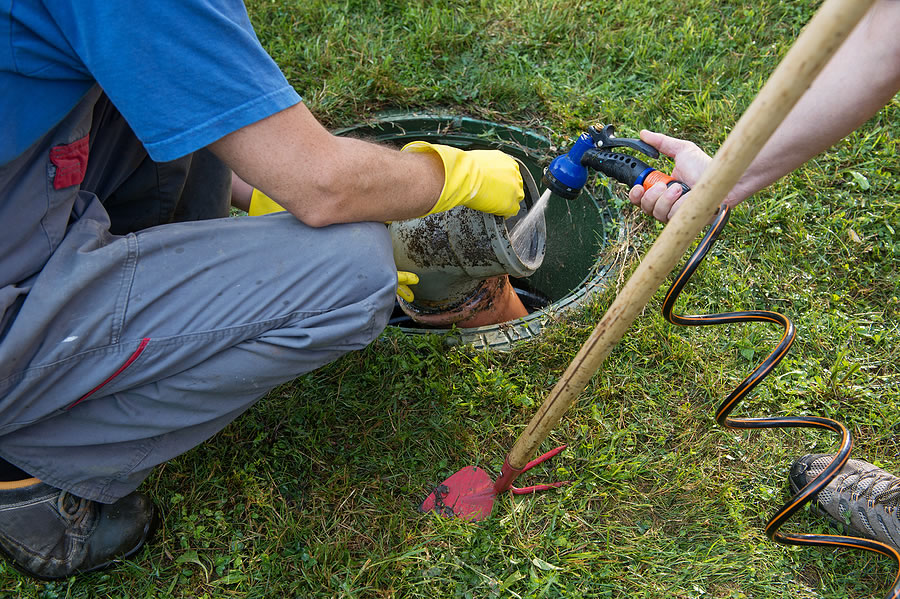
29
Septic tanks play a crucial role in managing household wastewater in areas where municipal sewer systems are not available. Proper maintenance and care are essential to ensure these underground systems work efficiently and to avoid costly repairs or replacements. In this article, we will explore some key tips on how to keep your septic tank running smoothly, including septic tank repair, professional septic company assistance, and proper septic tank installation and pumping.
One of the most critical aspects of septic tank maintenance is regular pumping. Over time, solid waste and sludge accumulate at the bottom of the tank, reducing its effective capacity and potentially causing blockages in the drain field. It is recommended to have your septic tank pumped every 3 to 5 years, depending on household size and water usage. Hiring a licensed septic tank pumping service ensures the job is done correctly, and they can inspect the tank for any signs of damage or potential issues.
While some minor maintenance tasks can be handled by homeowners, it is essential to have a professional septic company, such as Charlotte Septic Pros, conduct regular inspections. These experts have the knowledge, experience, and specialized tools to identify potential problems early on. Early detection of issues can prevent them from turning into major headaches and save you from expensive repairs. Additionally, they can advise you on best practices for maintaining your septic system and offer personalized recommendations based on your household's usage patterns.
One of the simplest yet most effective ways to keep your septic tank running smoothly is to be mindful of what you flush or pour down the drain. Avoid putting non-biodegradable or harmful substances such as grease, oil, chemicals, feminine hygiene products, or coffee grounds down the toilet or sink. These items can clog the system and disrupt the natural decomposition process inside the tank. Using septic-safe toilet paper and limiting the use of garbage disposals can also prevent unnecessary strain on the septic system.
Conserving water not only helps the environment but also aids in the smooth operation of your septic tank. Excessive water usage can overload the system and prevent proper wastewater treatment. Simple measures like fixing leaks, installing low-flow fixtures, and spreading out laundry and dishwasher loads can significantly reduce water consumption. Furthermore, avoid running multiple water-intensive appliances simultaneously.
If you are constructing a new home or need to replace an old septic tank, proper installation is critical. Seek the expertise of reputable septic system installers from Charlotte Septic Pros who will ensure the tank is appropriately sized and placed in compliance with local regulations. Choosing durable and high-quality materials can also extend the life of your septic tank. Moreover, if you notice any signs of trouble, such as slow drains, foul odors, or wet spots in the yard, do not hesitate to contact a professional septic tank repair service promptly. Timely repairs can prevent minor issues from escalating into severe problems.
A well-maintained septic tank is vital for the smooth operation of your household's wastewater management system. Regular septic tank pumping, professional assistance from septic companies, mindful water usage, and proper installation and repair are all essential components of a successful septic tank maintenance plan. By following these tips, you can not only avoid costly repairs but also contribute to the longevity and effectiveness of your septic system. Remember that investing in proper maintenance now can save you from much bigger headaches down the road.

26
Choosing the Right Septic System Drain Field Expert When it comes to your home’s septic system, the drain field plays…
Read more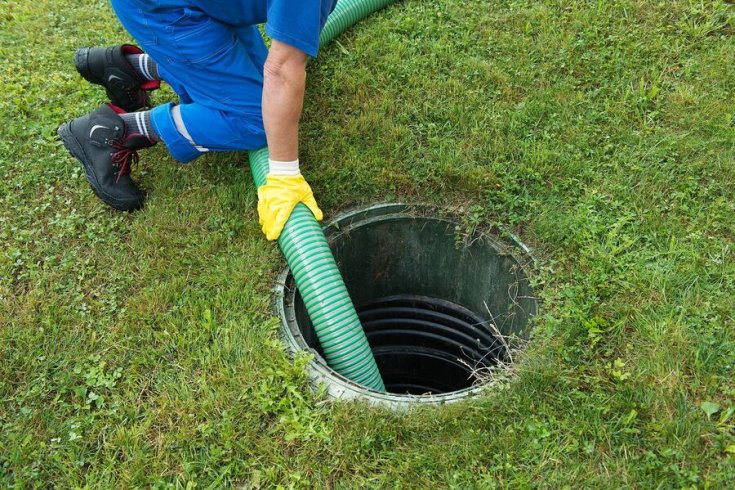
18
Reliable and Affordable Septic Services A properly functioning septic system is essential for any home or business that relies on…
Read more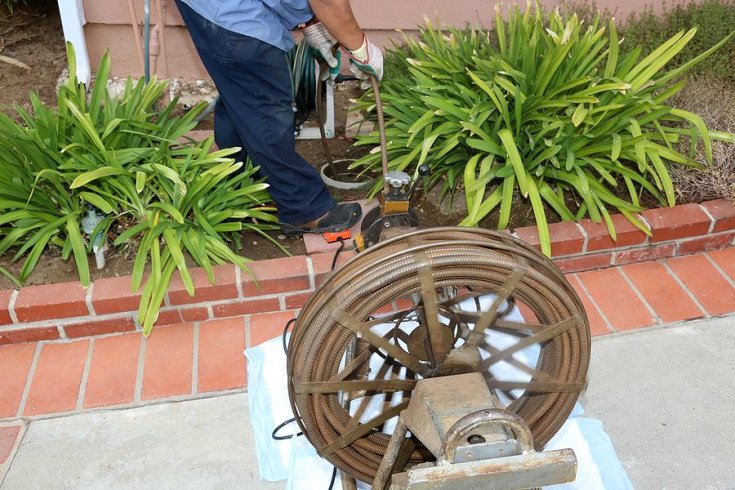
09
Signs and Solutions for a Failing Drain Field Your septic system plays a critical role in managing household wastewater, and…
Read more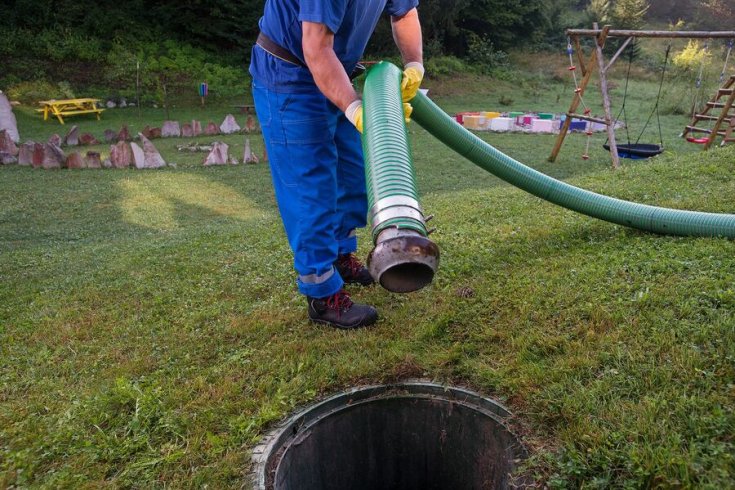
03
A Newbie’s Guide to Septic Pumping If you’re new to homeownership and have a septic system, you might be wondering…
Read more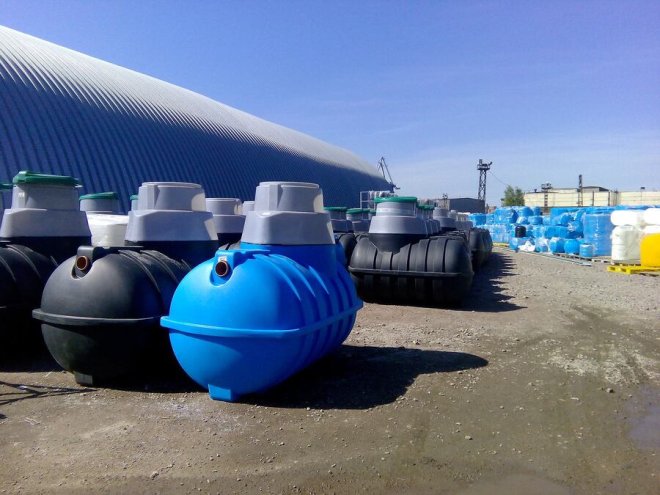
28
How to Prepare for Septic System Installation Installing a septic system is a major investment for any property that lacks…
Read more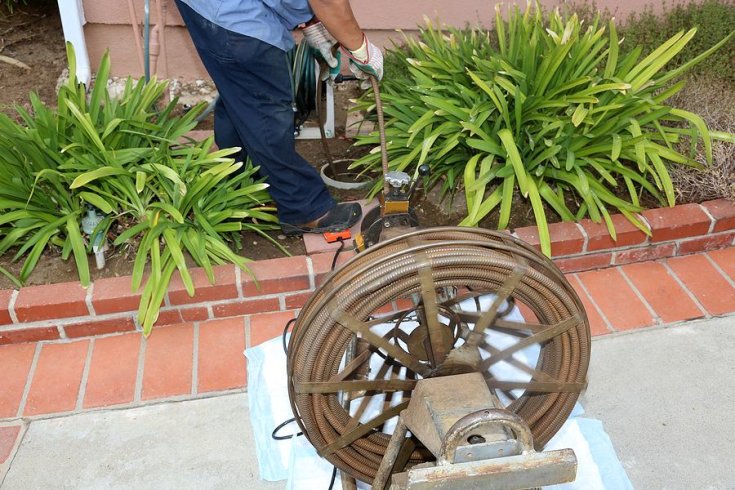
20
How Main Drain Cleaning Can Prevent Sewer Backups Sewer backups are one of the most unpleasant plumbing emergencies homeowners can…
Read more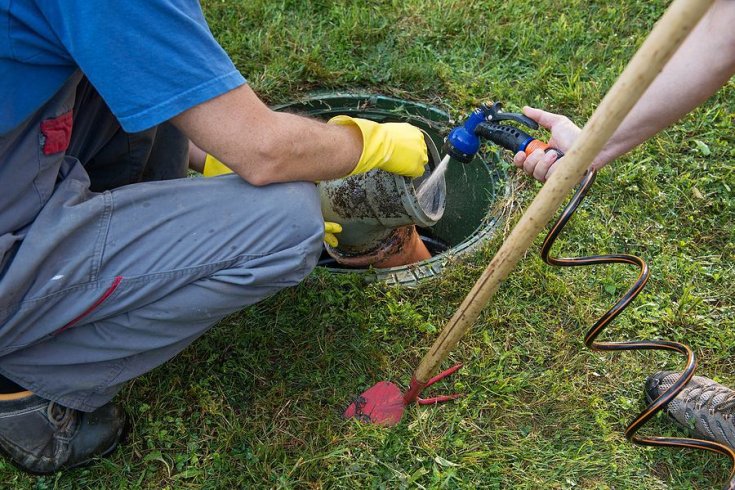
13
What to Do When You Have Drainage Problems Drainage problems can be frustrating and cause serious damage if left untreated.…
Read more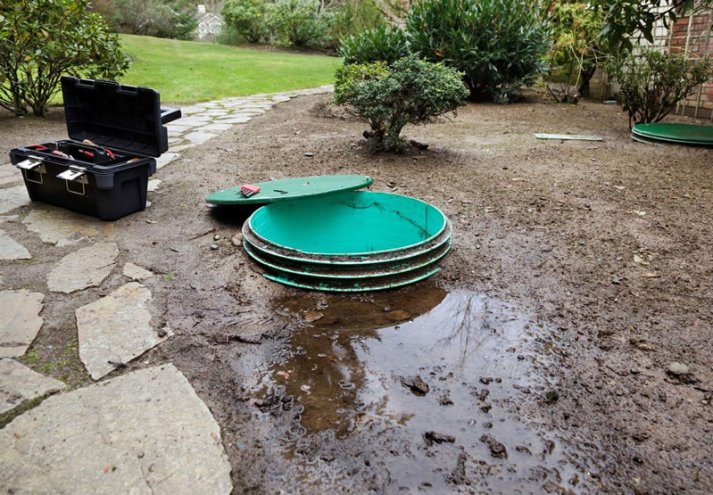
04
Signs and Causes of Septic Leaks A leaking septic system can pose serious health and environmental risks. If left untreated,…
Read more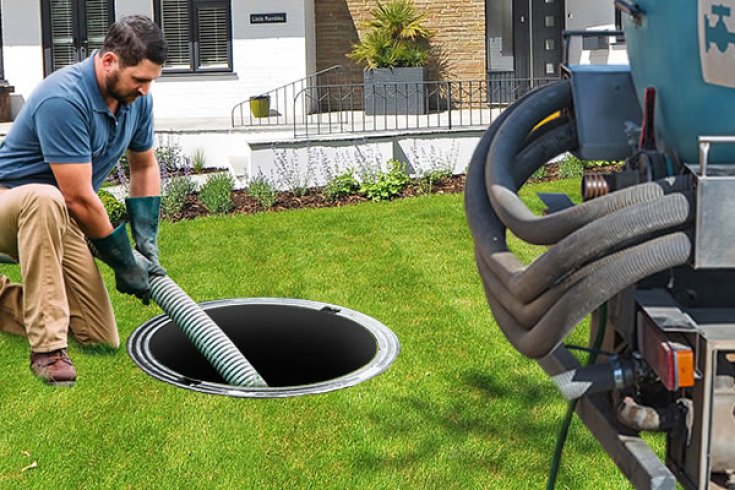
02
Unusual Septic Tank Blockages: Keeping Your Septic System Healthy A properly functioning septic system is crucial for any home or…
Read more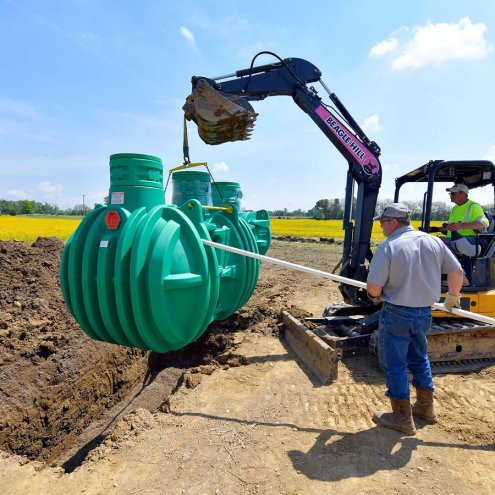
23
Seasonal Weather and Septic Systems Tank Your septic system plays a vital role in managing household wastewater, but seasonal weather…
Read more